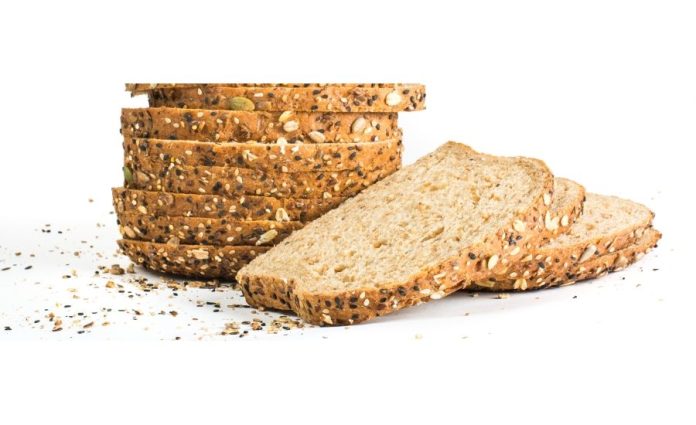BREAD is a staple in Nigeria, consumed daily by millions across social classes. Yet, beneath its soft texture and tantalising aroma is a potential health hazard: potassium bromate. Despite its prohibition by the National Agency for Food and Drug Administration and Control (NAFDAC) since 2003, this harmful chemical is still being used in some bakeries across the country, with relevant stakeholders sitting idly by.
Potassium bromate is banned in many countries due to its carcinogenic properties. Globally, food safety standards mandate that bromate levels in baked goods must be undetectable or virtually zero. While certain organisations, such as the World Health Organization (WHO) and the Food and Agriculture Organisation (FAO), have recommended an acceptable daily intake of 0.02 mg per kilogram of body weight, its use in food production remains contentious. In Nigeria, the outright ban underscores the government’s recognition of its dangers, yet enforcement remains an issue.
The chemical appeals to bakers because of its ability to improve dough elasticity, enhance bread volume, and create a desirable texture. However, when bread is improperly baked, residual bromate lingers in the final product, posing significant health risks to consumers. Despite the known dangers, bromate-laced bread remains widespread, primarily due to insufficient regulatory oversight and enforcement mechanisms.
The popularity of such bread can be traced to its visual appeal. Fluffy, soft, and visually enticing loaves are favoured by consumers, many of whom are unaware of the potential health implications. Additionally, bromate-free bread is often more expensive, leaving cost-conscious Nigerians with few alternatives. In a market where affordability often trumps safety, bromate-laden bread continues to dominate shelves.
A comparison with other African countries highlights Nigeria’s shortcomings in food safety enforcement. Countries like South Africa and Kenya have implemented stringent measures to eliminate bromate from their bread supply. South Africa, for instance, conducts regular inspections and laboratory testing to ensure compliance with safety standards. In contrast, Nigeria’s centralised regulatory framework and limited resources hinder effective monitoring and enforcement, leaving consumers vulnerable.
Potassium bromate is classified as a Group 2B carcinogen by the International Agency for Research on Cancer (IARC), signifying its potential to cause cancer in humans. Studies have linked bromate consumption to increased risks of kidney, thyroid, and gastrointestinal cancers. Alarmingly, Nigeria records approximately 124,815 new cancer cases and 78,899 cancer-related deaths annually. While bromate is not the sole culprit, its contribution to these staggering statistics cannot be ignored.
Beyond cancer, bromate exposure can lead to a range of adverse health effects, including nausea, abdominal pain, vomiting, and damage to the central nervous system. The cumulative impact of these health challenges places a significant burden on the healthcare system and diminishes the quality of life for countless Nigerians.
To effectively tackle the menace of bromate-laced bread in Nigeria, NAFDAC should adopt a comprehensive and multi-pronged strategy that will include enhancing post-production surveillance. Regular inspections and laboratory testing of bread samples across the country should be a routine practice. Doing so will not only ensure adherence to food safety standards but also acts as a deterrent for unscrupulous bakeries that might consider bypassing regulations.
There’s a need for intensive public awareness campaigns on the health risks associated with bromate-laced bread. A partnership between NAFDAC and media organisations, community leaders, and schools will help to spread this vital message.
It’s also imperative to decentralise NAFDAC offices, ensuring its presence at the local government level to improve monitoring and enforcement. With offices closer to the communities they serve, NAFDAC will be able to respond more swiftly to violations and engage directly with local bakeries to ensure compliance.
What’s more, stringent penalties should be imposed on bakeries that defy the regulations such as substantial fines and public exposure and closure of offending bakeries. Naming and shaming violators can serve as a powerful deterrent as well.
As Nigerians, we must prioritise health over aesthetics and affordability. Bread should nourish, not poison. We must hold producers and regulators accountable and demand safer foods for all.


